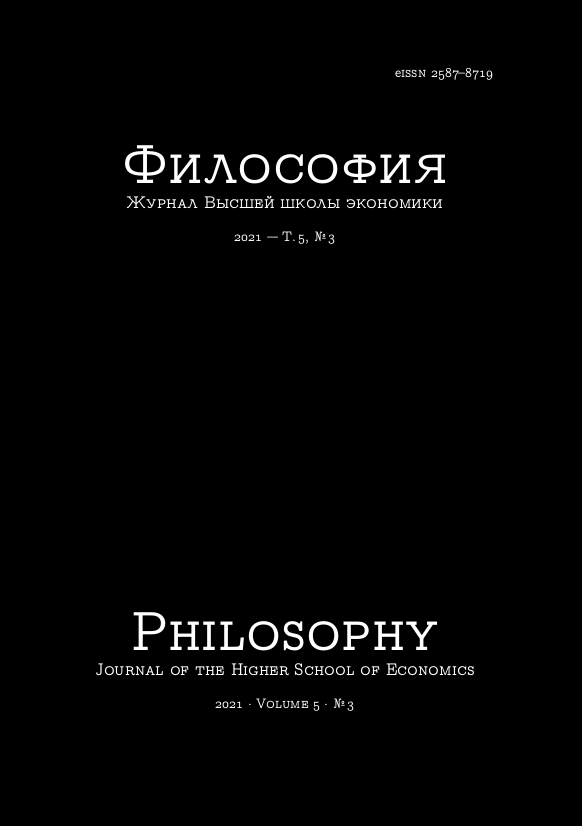Между ангелом и бесом
«проклятые вопросы» Ф.М. Достоевского
Аннотация
Ф.М. Достоевский положил начало тому пути развития русской философской мысли, основой которого стали экзистенциальные и духовные искания человека. Вот краткий список вопросов, которые задал человечеству русский писатель: «Если Бога нет, то все позволено?» Безбожие может выступать как богоборчество и отрицание высших человеческих качеств, но может не исключать и прекрасных качеств души. Ценности человеческой жизни, любви, семьи, социальной справедливости могут иметь гражданское основание, но только понимание их сакральной основы делает их подлинно всечеловеческими. «Со Христом или с истиной?» Ответ: конечно, со Христом, ибо Он и есть Истина. В своем вопросе Достоевский имел в виду истину логическую, умственную. «Тварь ли я дрожащая или право имею?» Трансцендировать наличные рамки — сущностное свойство человека. Но тут есть два пути: один — переступить в себе человеческое, другой — переступить в себе античеловеческое. «Стоит ли гармония слезинки ребенка?» XX век пытался опровергнуть ответ Достоевского на этот «проклятый вопрос», пытаясь утвердить некие образцы гармонии в жизни. Но нужно ли пытаться построить «царство Божие» на земле, которое и будет всемирной гармонией? Или страдания человека, та самая «слезинка», важнее любых утопических проектов? «Обратить камни в хлебы — самая ли великая мысль?» Если задача внутреннего роста души оказывается второстепенной в сравнении с задачами экономическими, то достичь социальной гармонии невозможно. Не изменятся люди — не изменится ничего, кроме внешних проявлений их жизнедеятельности. «Зачем я непременно должен быть добродетельным?» Вопрос о добродетельности — не просто экзистенциальный, но онтологический. Отринув добродетельность, можно уничтожить все вокруг и самого себя. Как в физическом, так и в духовном смысле.
Скачивания
Copyright (c) 2021 Философия. Журнал Высшей школы экономики

Это произведение доступно по лицензии Creative Commons «Attribution-NonCommercial» («Атрибуция — Некоммерческое использование») 4.0 Всемирная.






